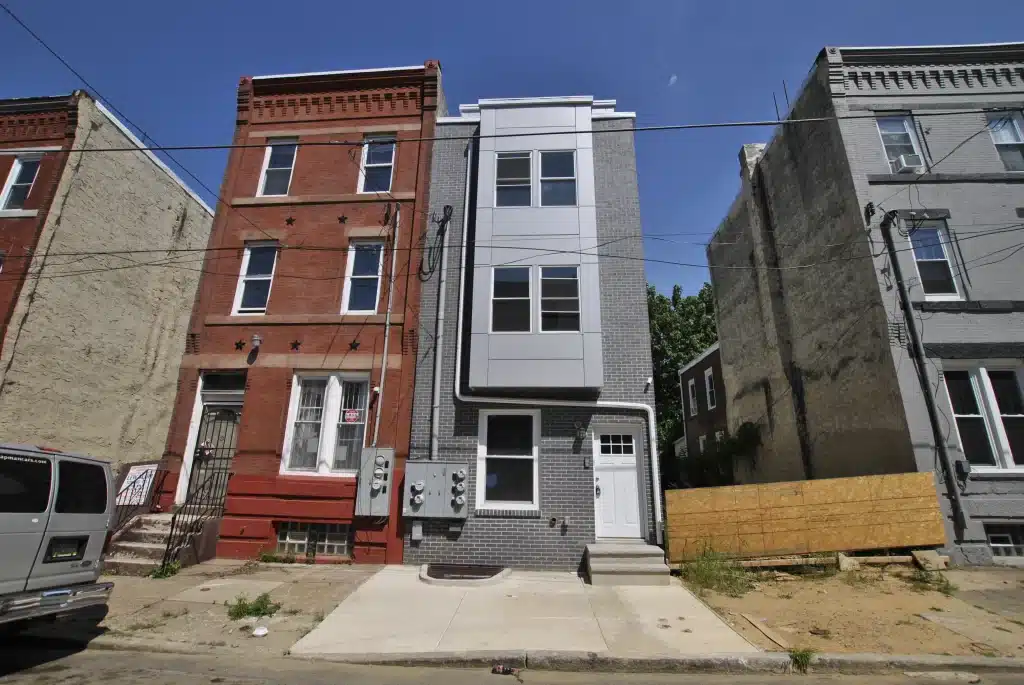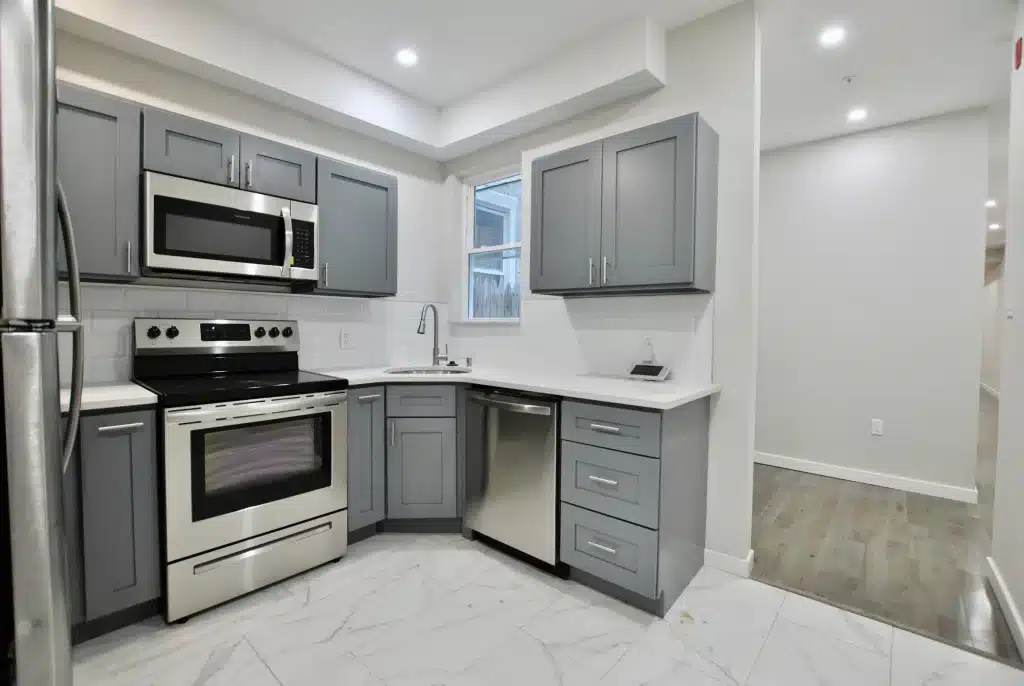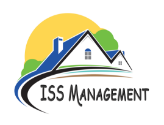Ever wondered who handles all the behind-the-scenes work for homes? That’s where residential property management comes in! These pros take care of everything from finding tenants to fixing leaky faucets. They’re basically the superheroes of real estate investing, helping owners maximize their returns without the daily hassles of being a landlord.
Understanding Residential Property Management Services
These services cover the full spectrum of home care. Think of them as the middle person between you (the owner) and your tenants. Quality residential property management handles advertising vacancies, screening potential renters, collecting monthly payments, and coordinating repairs.
Good housing administrators also stay up-to-date with local regulations and laws. This knowledge helps protect your investment from potential legal issues. Plus, they typically have established relationships with maintenance crews and contractors, which means faster service at better rates.

How a Residential Property Manager Benefits Property Owners
The biggest perk? Freedom! With professional residential property management handling your rental, you get your time back. No more late-night calls about broken heaters or scrambling to find new tenants when someone moves out.
These experts also help maximize your income. They know the local market and can set optimal rates. Many owners find that the return on investment actually increases after hiring residential property management, even after paying management fees. Additionally, they reduce vacancies through effective marketing and tenant retention strategies.
The Key Responsibilities of an Effective Property Manager
A quality property manager handles numerous essential tasks that keep your investment running smoothly:
- Tenant screening and selection (background checks, credit history, references)
- Rent collection and financial reporting
- Regular inspections and preventative maintenance
- Emergency response coordination
- Legal compliance and eviction handling when necessary
They also serve as the main point of contact for tenants, addressing concerns promptly. This responsiveness leads to happier renters who stay longer, reducing turnover costs and vacancy periods.
The Difference Between Residential and Commercial Property Management
While they might seem similar, these are actually quite different specialties. Residential property management focuses on living spaces like houses, condos, and apartments where people reside. Commercial administration deals with business spaces like offices, retail, or industrial buildings.
The tenant relationships, lease terms, and maintenance needs vary dramatically. Home oversight typically handles smaller, more frequent maintenance issues and works directly with families or individuals. They need excellent people skills to navigate the personal nature of home management.

Why Property Owners Choose ISS Management
We at ISS take pride in our personalized approach to real estate care. Unlike larger residential property management companies that treat each house as just another number, we limit our portfolio size to ensure quality service for every client.
Our team brings local market expertise and decades of combined experience. We handle everything from marketing your place to maintaining the grounds – all while keeping you informed without overwhelming you with details.
The best part? Our owners report average vacancy rates 30% lower than the regional average. We achieve this through thorough tenant screening and responsive service that encourages lease renewals. When you work with us, your investment isn’t just managed – it’s optimized for long-term growth.
Frequently Asked Questions
What is the role of residential property management?
Residential administrators serve as the crucial link between owners and tenants. They handle all daily operations for rental homes – from finding qualified renters to coordinating repairs. Their role includes marketing vacancies, conducting screenings, maintaining the residence, ensuring legal compliance, and optimizing financial returns while saving owners countless hours and headaches.
Do residential property managers handle collecting rent?
Absolutely! Rental administrators oversee the entire payment process. They collect monthly fees, track late payments, send reminders, enforce lease terms, and handle security deposits. Many use digital platforms for automatic billing and transfers. This system creates consistent cash flow for owners while maintaining professional relationships with tenants.
What are the main types of property management?
The housing administration industry features several specialized categories. Residential services focus on homes, apartments, and condos. Commercial oversight handles office buildings and retail spaces. HOA administration governs community standards. Vacation rental coordination deals with short-term stays. Special purpose supervision covers unique facilities like medical offices or industrial complexes.

